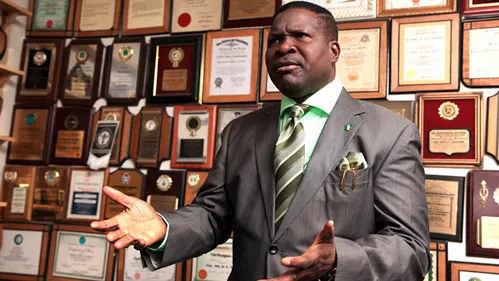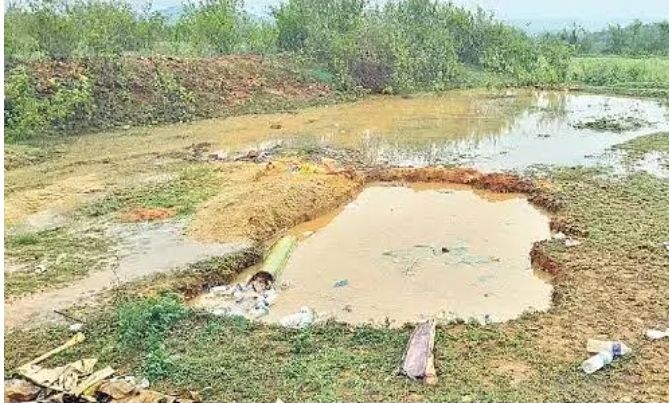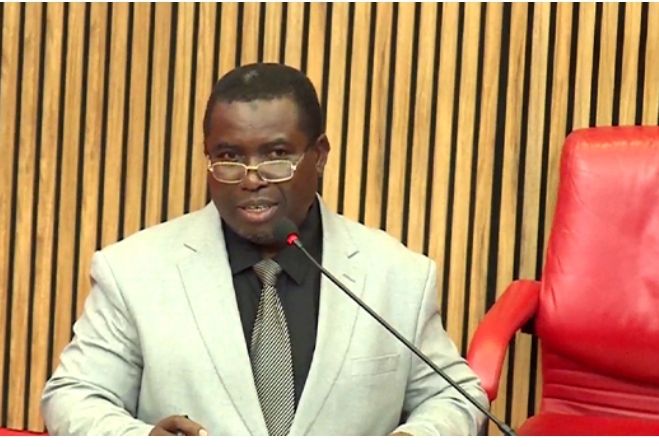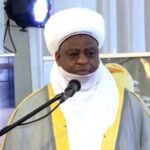ICPC Investigates Ozekhome Over UK Property Fraud Allegations

The Independent Corrupt Practices and Other Related Offences Commission (ICPC) has initiated a formal investigation targeting Chief Mike Ozekhome, SAN, a prominent figure in the Nigerian legal profession.
The probe follows a scathing ruling by a London property tribunal that allegedly implicated the lawyer and associates in a syndicate involving deceit and the fabrication of official documents.
The catalyst for the anti-graft agency’s action was a detailed complaint submitted by Olanrewaju Suraj, the Executive Director of the Human and Environmental Development Agenda (HEDA).
The petition directly cited the British judicial findings and leveled serious accusations against Mr. Ozekhome, his son Osilama, and multiple other individuals.
They are accused of allegedly colluding with compromised Nigerian public servants to secure counterfeit national identity papers in a bid to “fraudulently assert ownership” over a residence situated in North London.
“These discoveries unveil a serious conspiracy perpetrated not only by high-ranking and respected members of the Nigerian Bar but also by unnamed Nigerian government officials who facilitated the manufacturing of national documentation, thereby compromising the reliability of Nigeria’s identification systems,” the formal complaint stated.
The UK tribunal proceedings focused on the disputed ownership of the property at 79 Randall Avenue.
In his submission to the tribunal, Mr. Ozekhome presented a man identified as Tali Shani, purportedly a Nigerian businessman who had owned the property since 1993. This man provided a Nigerian passport, claimed to have acquired the house at the age of 20 using funds from family cattle enterprises, and later purportedly transferred the title to Mr. Ozekhome as an expression of gratitude for legal services.
Conversely, a woman, also referred to as Ms. Shani, asserted that she purchased the home during her “prime years” and accused Mr. Ozekhome of attempting a hostile takeover using impersonators.
The narrative surrounding Ms. Shani was marked by irregularity. Despite numerous scheduling postponements, she never appeared before the tribunal. In 2024, her legal team submitted medical certificates claiming she was too ill to testify and ultimately reported her death in October 2024, attaching a Nigerian death certificate.
Crucially, subsequent inquiries revealed that documentation submitted by both parties—including identity cards, utility bills, and a National Identification Number (NIN)—were all determined to be fraudulent.
The tribunal ultimately delivered a judgment concluding that neither Mr. Ozekhome nor the supposed Ms. Shani was the legitimate owner of the London residence, underscoring the pervasive use of forged evidence in the claim.
The ICPC investigation is expected to delve deeper into the Nigerian origins of these fabricated documents and the role of public officials in their production.









